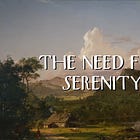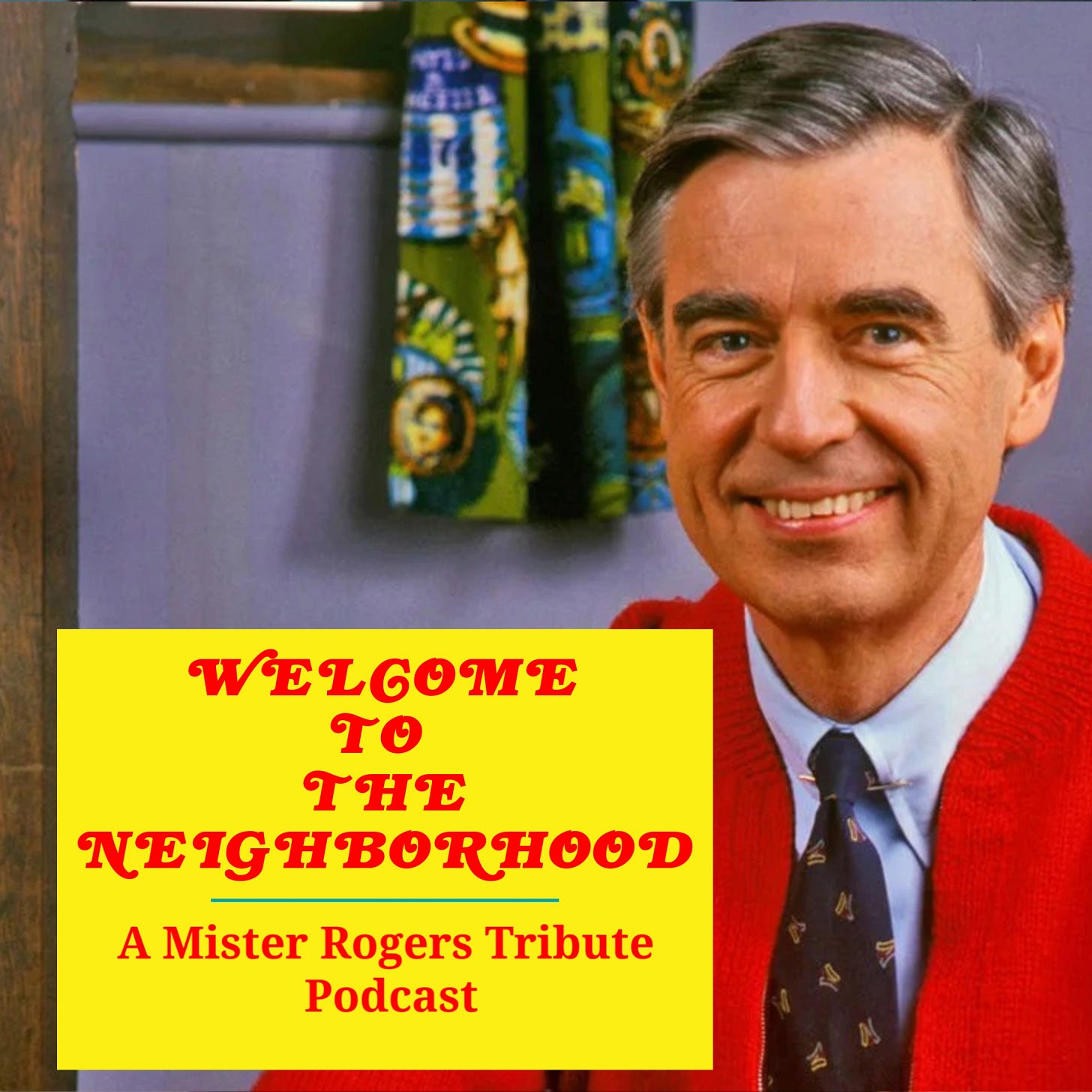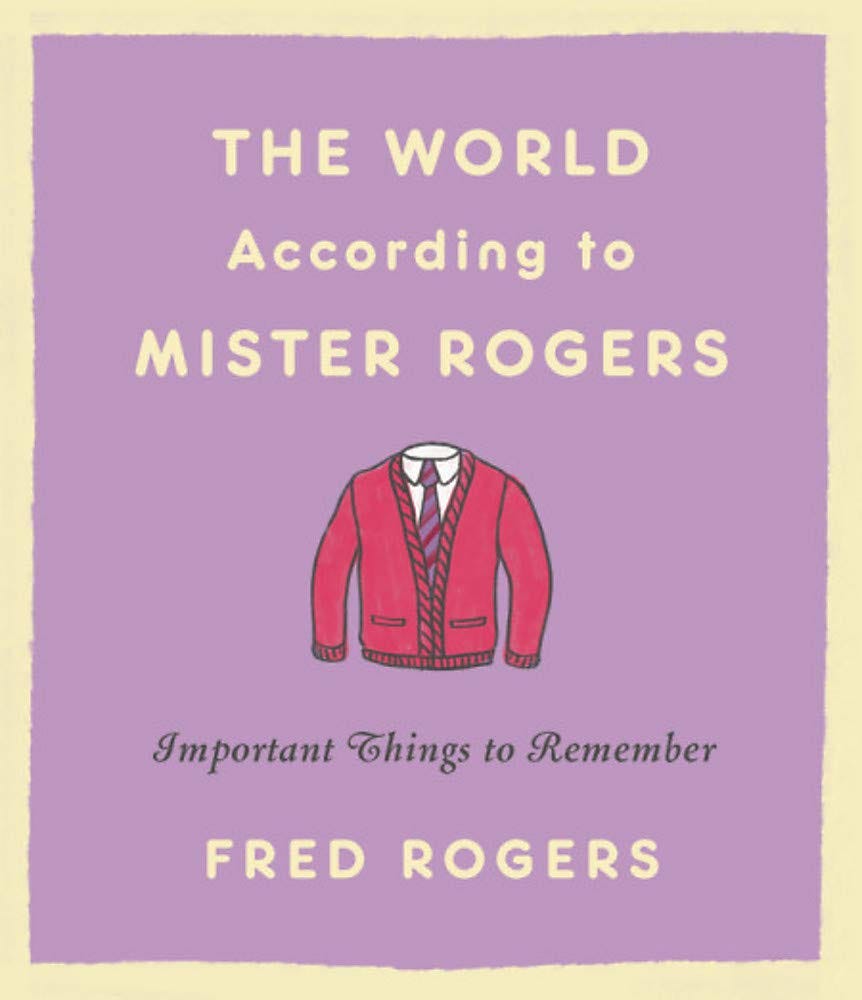What Would be the Kindest Choice?
Simple leadership wisdom from Mister Rogers.
“Imagine what our real neighborhoods would be like if each of us offered, as a matter of course, just one kind word to another person.”
— Fred Rogers
Who’s the kindest person you know?
Someone who exudes “nice.” Who is always willing to help without a complaint. Who offers a smile and an encouraging word.
It might be a parent, a colleague, a neighbor, or a boss. But somewhere in your life there’s a person who rises above everyone else with the level of kindness they show.
How do you think they got that way?
It’s not by accident.
One of the most legendarily kind people is Fred Rogers. “Mister Rogers,” as he’s known to countless children (and adults!) seemed to be the manifestation of kindness.
His slow, quiet, and patient demeanor and his way of accepting everyone were indicators of what a kind man he was.
But Mister Rogers the celebrity — who by all accounts was the same as Fred Rogers the man — had to work at it. Every day. He admitted as much in his counsel to everyone about what it takes to build relationships:
“Mutually caring relationships require kindness and patience, tolerance, optimism, joy in the other’s achievements, confidence in oneself, and the ability to give without undue thought of gain. We need to accept the fact that it’s not in the power of any human being to provide all these things all the time. For any of us, mutually caring relationships will also always include some measure of unkindness and impatience, intolerance, pessimism, envy, self-doubt, and disappointment.”
Mister Rogers wasn’t perfect. Neither is any one of us.
This is why reflection and tranquility are so important as we determine who or what we want to be, in our private lives and in our public lives.
It takes a great deal of practice and deliberation. The word deliberation is a direct descendant of the Latin word deliberare, which means to consider carefully.
In the film A Beautiful Day in the Neighborhood, Tom Hanks portrays Mister Rogers. Now, if you know anything about the actor Tom Hanks, it’s that he is widely considered one of the kindest people in show business.
So much so that, according to a recent New York Times article, a journalist who attended a panel suggested that Tom Hanks is just playing Tom Hanks, but “slower.”
“But the slowness of Fred Rogers — the un-self-conscious, considered slowness — was hard, Hanks said. It felt ridiculous when he first tried it out. He studied hours of tapes, because sometimes he couldn’t imagine that he was supposed to go this slowly… ‘It’s a combination of procedure and behavior that was singularly Fred Rogers.’”
There’s something to that notion of needing to slow down.
When you need to weigh things in your mind, you need peace and solitude to allow that to happen. And you need to choose deliberately what you'll do.
Every day, we’re faced with decisions that require our response:
I need to give my direct report feedback or criticism about their behavior.
My children are misbehaving at school.
The business strategy we’ve chosen isn’t working out.
A new family has moved into our neighborhood.
Someone made a tweet critical of me or my brand.
It’s up to each and every one of us how we choose to respond in these situations. Every one of them involves some level of emotion, and it's easy to simply react in the moment. To let ourselves blurt out what we think needs saying.
But Mister Rogers, in his deliberate, reflective way, at times like these, would ask himself one simple question that guided his response:
“What would be the kindest choice?”
Kindness doesn’t happen unintentionally. You need to direct yourself there. And in those quiet moments of reflection, consider how those on the other end of your response might react.
If you’re unkind or abrupt, what might they think, do or say? How might that further damage the relationship? How might that in turn hinder any progress you wanted to make?
Kindness. Empathy. Patience. [Click each one of those]
These are some of the tenets that guided Mister Rogers every day. And they can guide us too.
“There are three ways to ultimate success: The first way is to be kind. The second way is to be kind. The third way is to be kind.” — Fred Rogers
Can you teach empathy and kindness? Training adults in a loving-kindness-style “compassion meditation” actually makes them significantly more altruistic toward others. How to Train the Compassionate Brain. (Greater Good)
We should not fear tension; it’s the lack of it that’s a problem. Civility can mask negative feelings, while conflict puts things out in the open. The key is to have respectful disagreements — we can still be kind even though we hold differing views. Civility is Overrated. (The Atlantic)
When you don’t trust someone, more often than not you never find out whether you should have trusted them. We learn more by trusting than by not trusting. Moreover, when we trust, we learn not only about specific individuals, we learn more generally about the type of situations in which we should or shouldn’t trust. We get better at judgment by trusting. (Aeon)
A Pittsburgh hospital surprised Mrs. Rogers with babies in cardigans and sneaker-booties on World Kindness Day. A nurse crocheted sets of red sweaters and booties for all of the babies in the nursery that day. (News Channel 8)
Why should babies have all the fun? Here’s The Mister Rogers Sweater Collection, where all proceeds go to the McFeely-Rogers Foundation to be used in the development and production of children's programming. So you can feel warm and fuzzy. Literally. (Alpaca Unlimited)
From the author whose story about Mr. Rogers (“Can You Say Hero?”) comes this follow up long read on the wisdom of Fred Rogers: My Friend Mister Rogers. (The Atlantic)
A Heart Replete with Thankfulness
“Gratitude is the conscience of memory.”
This week, I’m grateful for Fred Rogers. I never appreciated him as much as I should have when I was a child (who among us has?), but his lessons have become more relevant and more powerful as I've come to understand what's truly important in life.
“I believe that appreciation is a holy thing—that when we look for what’s best in a person we happen to be with at the moment, we’re doing what God does all the time. So in loving and appreciating our neighbor, we’re participating in something sacred.” — Fred Rogers
“Let me recommend this book.” — Arthur Conan Doyle
Welcome to the Neighborhood is a Mister Rogers tribute podcast. Each episode takes us through an aspect of the personality of Fred Rogers, beginning with “The Kindness of Fred Rogers.” If ever there was a guide for life, these simple yet profound messages ring true and provide everything a person could need. I like it just the way it is.
The World According to Mister Rogers distills the legacy and singular worldview of this beloved American figure. An inspiring collection of stories, anecdotes, and insights — with sections devoted to love, friendship, respect, individuality, and honesty, it reminds us that there is much more in life that unites us than divides us.
There’s so much to learn,









